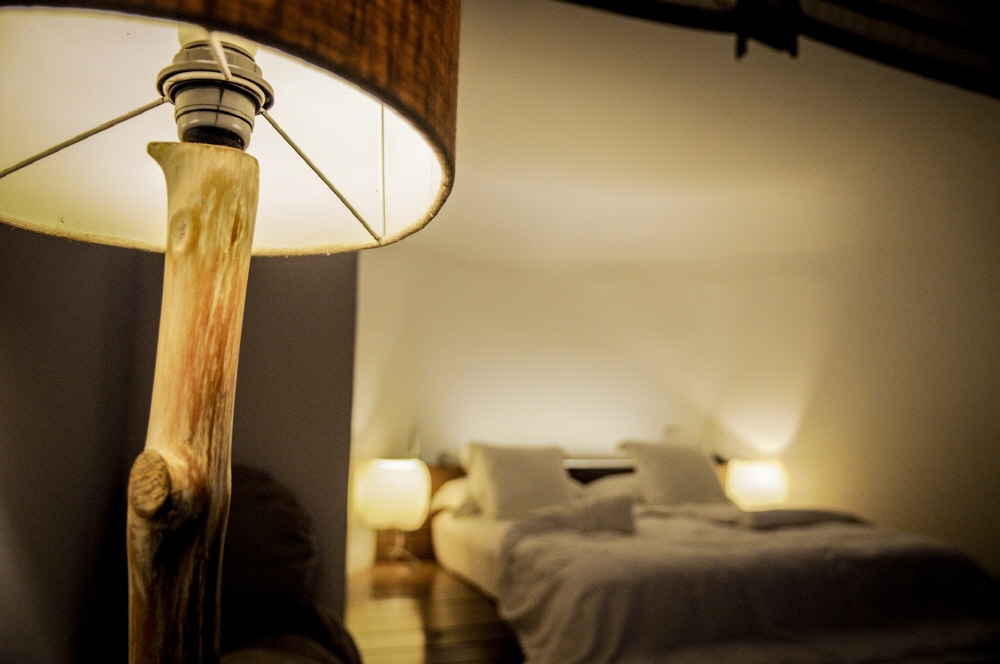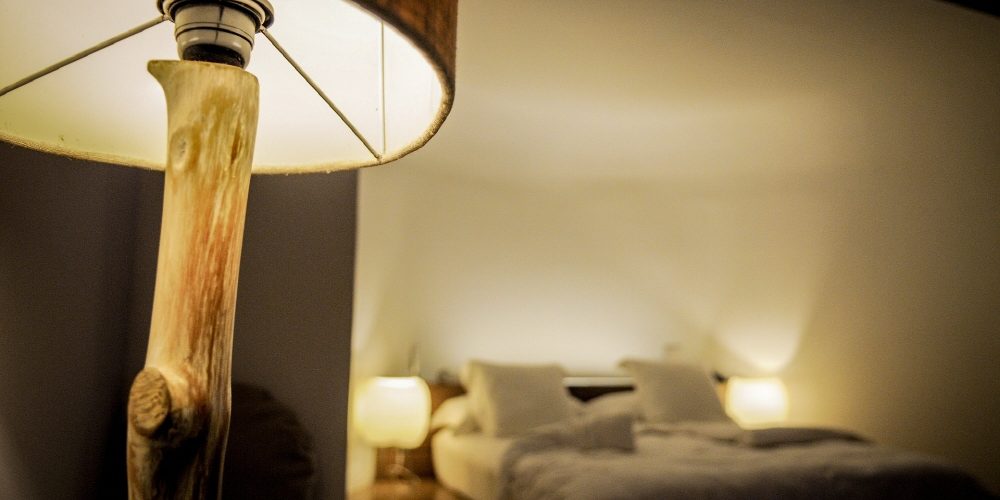
There are people who cannot sleep when the light is turned off at night, or people who cannot sleep unless the TV is left on. It is suggested that artificial lighting exposed to the human body during such sleep may have an abnormal effect on sleep disturbance. According to a recent study, receiving artificial light while sleeping may lead to increased female weight and increased risk of obesity.
So far, there have been studies suggesting that getting light at night is bad for your health. Past studies in animals have shown that light at night reduces sleep quality, disrupts the circadian cycle, increases lactation behavior, and promotes weight gain.
According to a research paper published in the journal JAMA Internal Medicine on June 10, it was found that women exposed to light such as electronic devices at night are more likely to gain weight than those who are not exposed to artificial lighting. In other words, there is a high possibility of obesity if you receive artificial lighting at night’s sleep. It also revealed that reducing exposure to artificial lighting during nighttime sleep is a useful strategy to prevent obesity.
Until now, studies have also measured the effect of receiving artificial lighting at night. However, many of the previous studies have targeted overtime workers who are exposed to high levels of light at night, leaving the question of whether the same applies to the general public. In addition, in the case of the general public, it was not revealed how the weight gain of the person receiving artificial lighting during continuous night sleep changes using only the data collected at a certain time.
In a recent survey, 44,000 female subjects aged 35 to 74 across the United States were followed up for an average of 5.7 years. In the form of a questionnaire, the subject was asked to respond to artificial lights that may be exposed to the sleep in detail, such as bedroom lights, TV lights, and other room lights, to measure how much artificial light the subject received during sleep.
As a result of the study, those who responded that women who were not obese at the beginning of the study received artificial lighting at night were 20% more likely to become obese during the follow-up period than those who did not. In addition, women who fell asleep with the TV on or with the night light turned on were 17% more likely to experience a 5kg weight gain than those who did not. This trend was the same when considering local or household income, caffeine and alcohol consumption, depression and other factors such as stress.
However, the research team explained that it was only at the stage of discovering a link between exposure to artificial light during sleep and the increase in female weight, and that the light received at night was not found to be a direct cause of weight gain and obesity. Weight gain is a result of various factors, such as the consumption of harmful ingredients and low-level physical activity, but how sleep deprivation and exposure to artificial light during sleep are related to them is not yet fully explained.
Anyway, the findings of this study are not conclusive, but it is better to reduce the number of days of artificial lighting at night. Receiving artificial lighting at night has the potential to reduce sleep time, indirectly affect the risk of obesity, and increase the amount of food by disturbing the hormones that stimulate appetite. Less sleep may lead to decreased physical activity. In addition, it is suggested that receiving artificial lighting at night may directly affect obesity, and there is a possibility that it may directly affect metabolism by disturbing sleep hormones and stress hormones.
In this study, artificial lighting from the screen of digital devices such as smartphones, tablets, and PCs was not separately counted and the impact on them was not evaluated. However, past research has shown that blue light from digital devices can cause sleep deprivation and drowsiness during the day. Therefore, the research team revealed that it is necessary to investigate how blue light exposed during nighttime sleep is related to obesity. Related information can be found here.


















Add comment